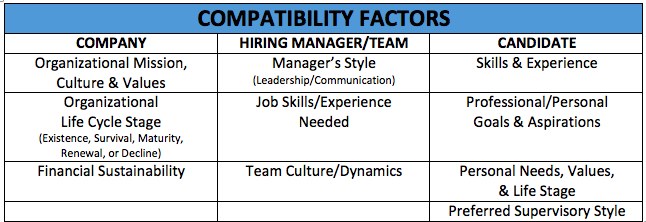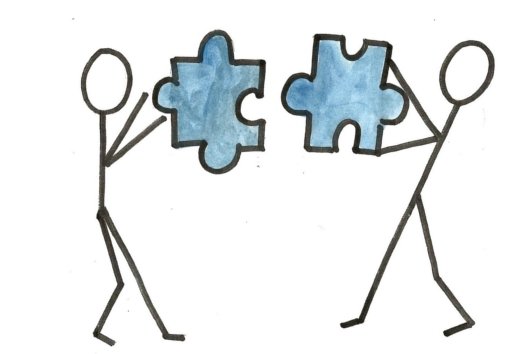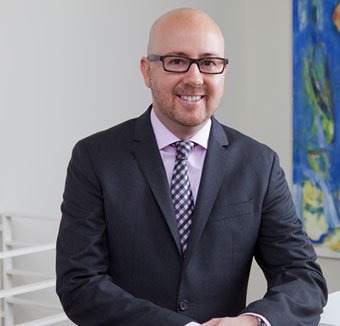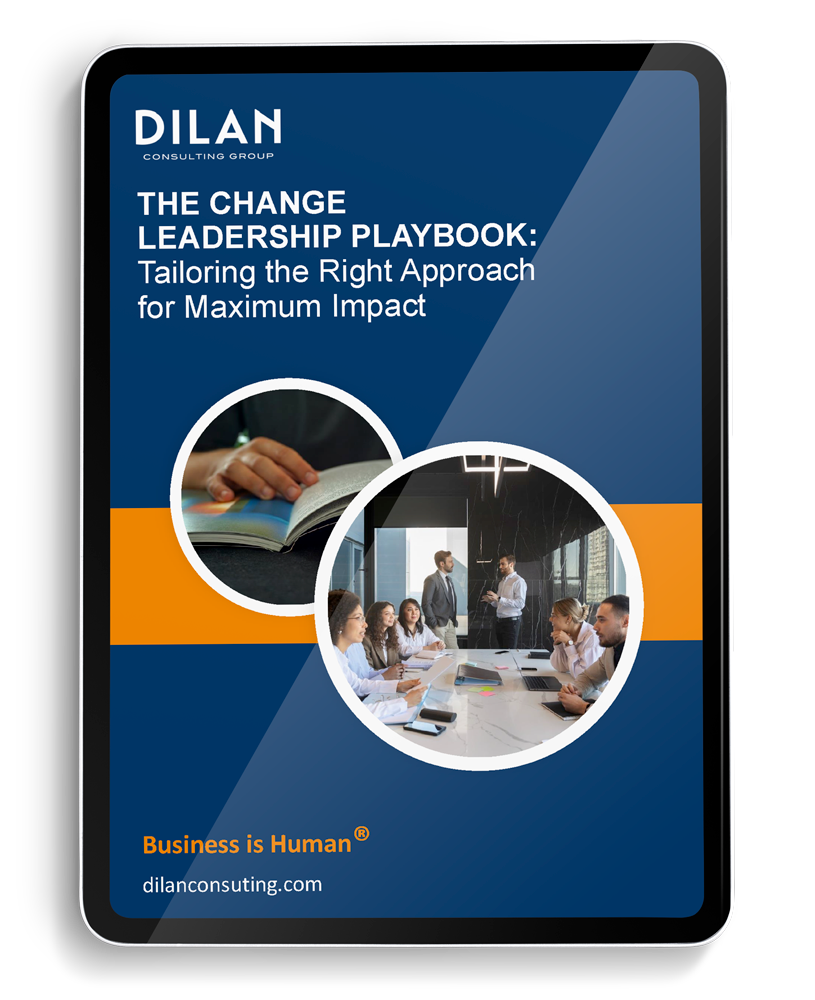The best recruiters are alchemists. They seek to understand and weave a relationship between the hiring company, the hiring manager and the candidate. Most importantly, they look beyond the short-term gains and resist pressure to close the deal too quickly. Instead, they think holistically, looking beyond surface compatibility to explore long-term alignment. Finding a perfect fit may seem like magic, but successful outcomes can be predicted based on key compatibility factors.

For example, they might explore a candidate’s values. Do they align with the organization’s culture and values? Great recruiters also learn about a candidate’s expectations and the environment in which they thrive. Will a candidate seeking a high-growth business be disappointed to discover that the company they just joined is in Renewal or Decline? Does the candidate prefer to work independently, and how will this mesh with a manager that tends toward micro-management?
These factors matter. It’s tempting to stick to the surface to expedite the hiring process and meet immediate needs. But in the long run, it is costly to both the hiring company and the candidate, who soon find themselves frustrated and needing to begin the whole process anew.
Recently, a senior executive I was coaching recounted a crystal clear memory related to her own experience being recruited 8 years earlier. She recalled feeling great pressure from the recruiter to accept the offer and she didn’t take the time to do her own due diligence. Looking back, she regretted not knowing more about the political environment she was entering. Unfortunately, this story is all too common.
Similarly, I have seen candidates hop from one job to another in search of the right fit. Given the competition for top talent, it is easy for them to explain leaving due to a culture mismatch, long commute or higher salary. However, the real story is that the relationship was likely doomed from the start. By hopping from one poor fit to another, they perpetuate the cycle.
Most search engagements stay on the surface and seldom venture into the underlying compatibility factors that best predict a successful placement. This may be due to a desire for expedience or a lack of awareness. It may also be due to an inherent desire to look good — everyone wants to put their best foot forward during the courting process. Organizations may not want to admit that their values are not embodied in their leadership or culture. Candidates may fear appearing overly needy or demanding if they inquire too deeply about the company or hiring manager’s style. Regardless of the reason, without a deeper and perhaps more vulnerable dialogue, the perfect fit can be elusive.
This is where an experienced recruiter can work magic. By establishing trust, safeguarding confidentiality and being skilled at thoughtful inquiry, they can get below the surface to identify an ideal match while also maintaining a firewall that protects all parties.
It’s my belief that all parties share responsibility for better outcomes. Both the recruiter and recruited need to be prepared to slow down and engage in the deeper conversations that will reveal whether it’s best to move forward or keep searching for the right fit. With economic uncertainty in recent memory, candidates may feel they can’t afford to hold out. But I believe this dynamic has shifted and candidates hold the upper hand today, as long as they do their research, arm themselves with tough questions, and remember that the interview process cuts both ways.
As all parties share responsibility, all parties share in the benefits. Ultimately the goal is a shared one – the right fit and rewarding relationships that benefit all parties and last.




